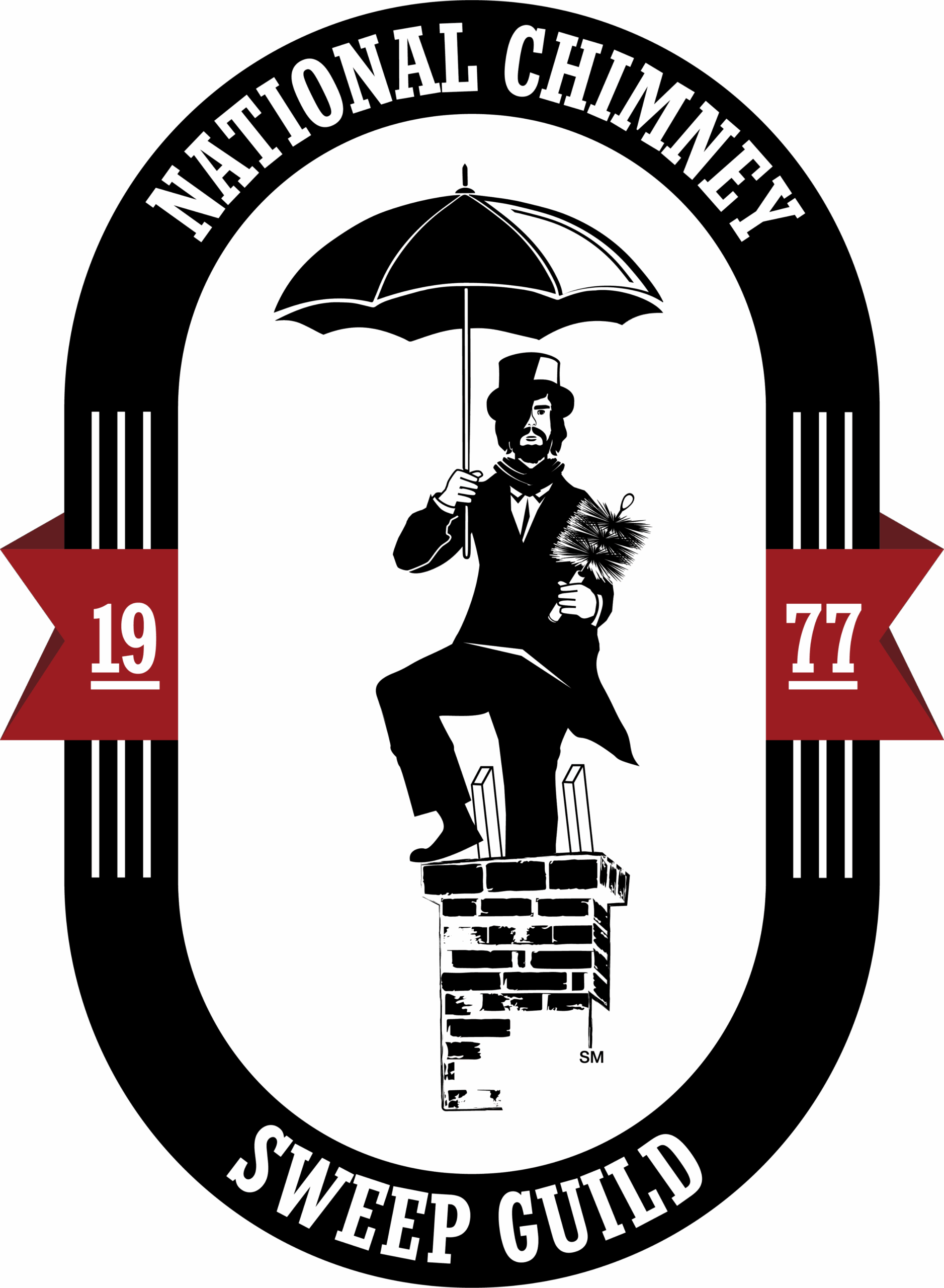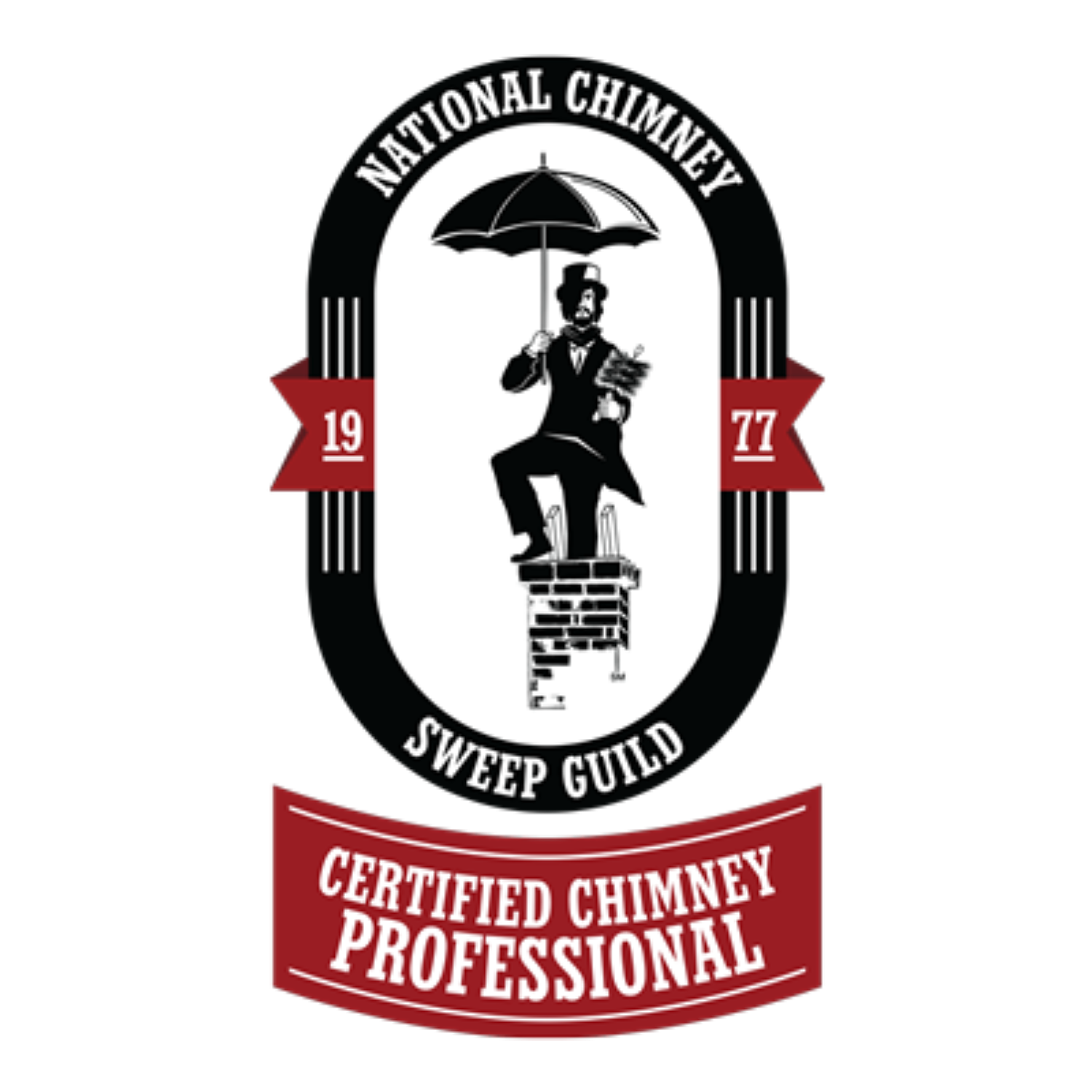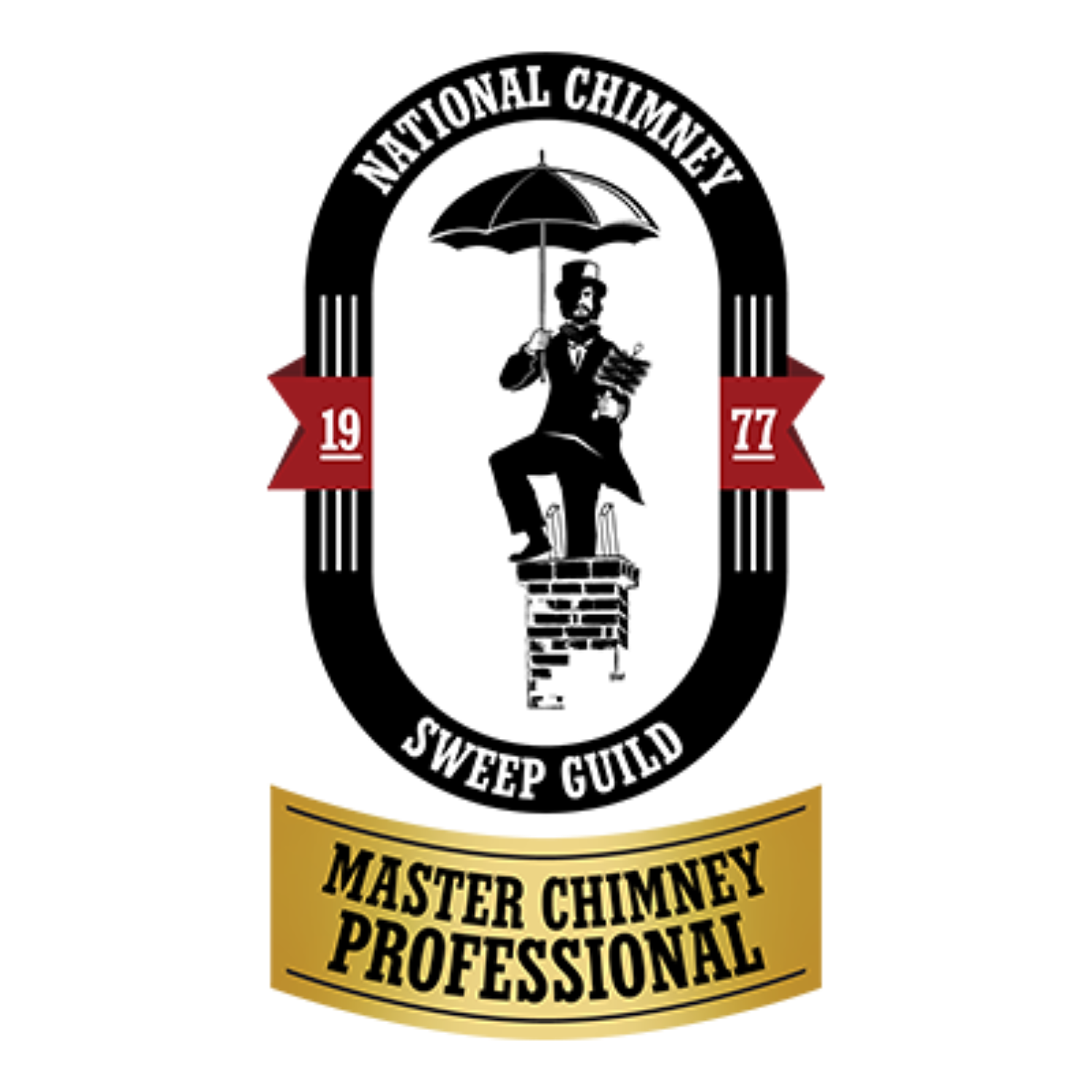Dallas Raccoon in the Attic
If you have Dallas raccoon in the attic call the best in the removal business, Master Services (972) 877-4650 for help.
Raccoons are always trying to find safe, warm places to live… especially during breeding season (and yes, we are right in the middle of it!). Often, you will find a Dallas raccoon in the attic or in the walls of your home, and it can be quite a nuisance. Why is the critter trying to bunk up with you? Well, as humans develop more and more land, animals have to search harder and harder for a suitable place to live. In the wild, raccoons usually nest in hollowed out trees or dense vegetation. This is why there ends up being a Dallas raccoon in the attic… the attic is an area comparable to that of a hollowed out tree trunk.
If you have a Dallas raccoon in the attic, you should not hesitate to call a professional wildlife removal service right away. The Dallas raccoon in the attic will deposit feces and urine all over the place. Sheet rock that is stained with urine often needs to be replaced. Also, insulation often is completely ruined and needs to be replaced as well. Besides the damage that they cause, a Dallas raccoon in the attic can be troublesome because they are very dangerous!
Do not attempt to remove the Dallas raccoon in the attic by yourself. Coons are extremely intelligent and strong, and they don’t like to be messed with. If you startle a coon, he will attack you. Also, mother coons are very protective of their pups. If she feels threatened, the mama coon will violently attack you as well. Raccoons can carry a slew of different types of infectious diseases which are harmful to humans. You certainly do not want to get bit by a coon! Just play it safe and call a professional wildlife removal company.
Once our company sends a trained technician to your home, they will be able to figure out how many coons are dwelling in your home, the entry and exit points that the Dallas raccoon in the attic is using, and the amount of damage the coons have done. The technician will then be able to safely and effectively be able to remove the coon or coon family from wherever they are dwelling. After the removal and relocation has taken place, deodorization and sanitization will take place. These are very important steps to the wildlife removal process. Because harmful diseases can be found in raccoon feces, you want to make sure anything of the like is completely cleared out of your home to prevent the spread of disease. Deodorization will also help prevent other animals from following the coon trail and consequently nesting in your home.










